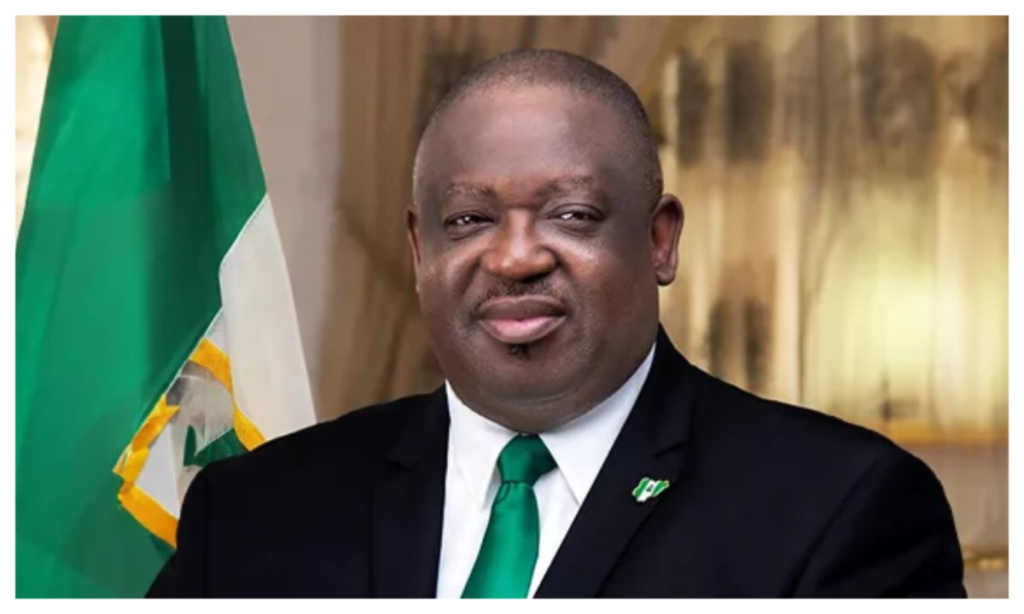Plateau State Governor Caleb Mutfwang has firmly rejected claims that bandits or terrorists control any part of the north-central Nigerian region under his leadership, asserting that security forces maintain authority across all 17 local government areas. Speaking to journalists at a press briefing in Jos, the state capital, Mutfwang acknowledged isolated attacks in areas like Riyom, Bokkos, Bassa, and Mangu but emphasized measurable progress in stabilizing the region compared to media portrayals of widespread unrest.
“While challenges persist, we must correct the narrative that Plateau State is overrun by non-state actors,” Mutfwang stated, contrasting Plateau’s security situation with more acute crises in northern states like Zamfara, Sokoto, and Kebbi. He attributed improvements to swift action taken after assuming office in May 2023, including establishing a dedicated security committee tasked with addressing root causes of violence and coordinating countermeasures. The governor noted the committee operates “around the clock” to strengthen intelligence gathering, community engagement, and rapid response protocols.
The remarks follow months of heightened tensions in Plateau, where clashes between farming communities and pastoralists, compounded by criminal banditry, have displaced thousands since 2022. Mutfwang’s administration faces scrutiny over balancing public safety with humanitarian concerns and economic revitalization in a state historically plagued by ethnic and religious divisions.
To bolster security infrastructure, the governor announced plans to revive Operation Rainbow, a civilian-led security network, to support Operation Safe Haven—a military task force deployed in the region since 2010. The dual-strategy approach aims to enhance surveillance in rural hotspots while fostering trust between security agencies and local populations. Critics, however, argue such initiatives require sustained funding and interagency coordination to yield long-term results.
International observers monitoring Nigeria’s security landscape note Plateau’s relative stability compared to northwestern states where armed groups frequently target communities and infrastructure. Yet sporadic violence in Plateau, including a December 2023 attack that killed over 190 residents, underscores persistent vulnerabilities. The governor’s assurances align with federal government efforts to counter perceptions of Nigeria’s northern regions as ungovernable, though analysts stress that tangible reductions in violence—rather than rhetoric—will ultimately shape public confidence.
Mutfwang concluded by urging media outlets to report “with greater context,” emphasizing that downplaying progress risks discouraging investment and undermining reconciliation efforts. As security forces intensify patrols in high-risk zones, the administration faces mounting pressure to transform pledges of stability into demonstrable outcomes for Plateau’s three million residents.
